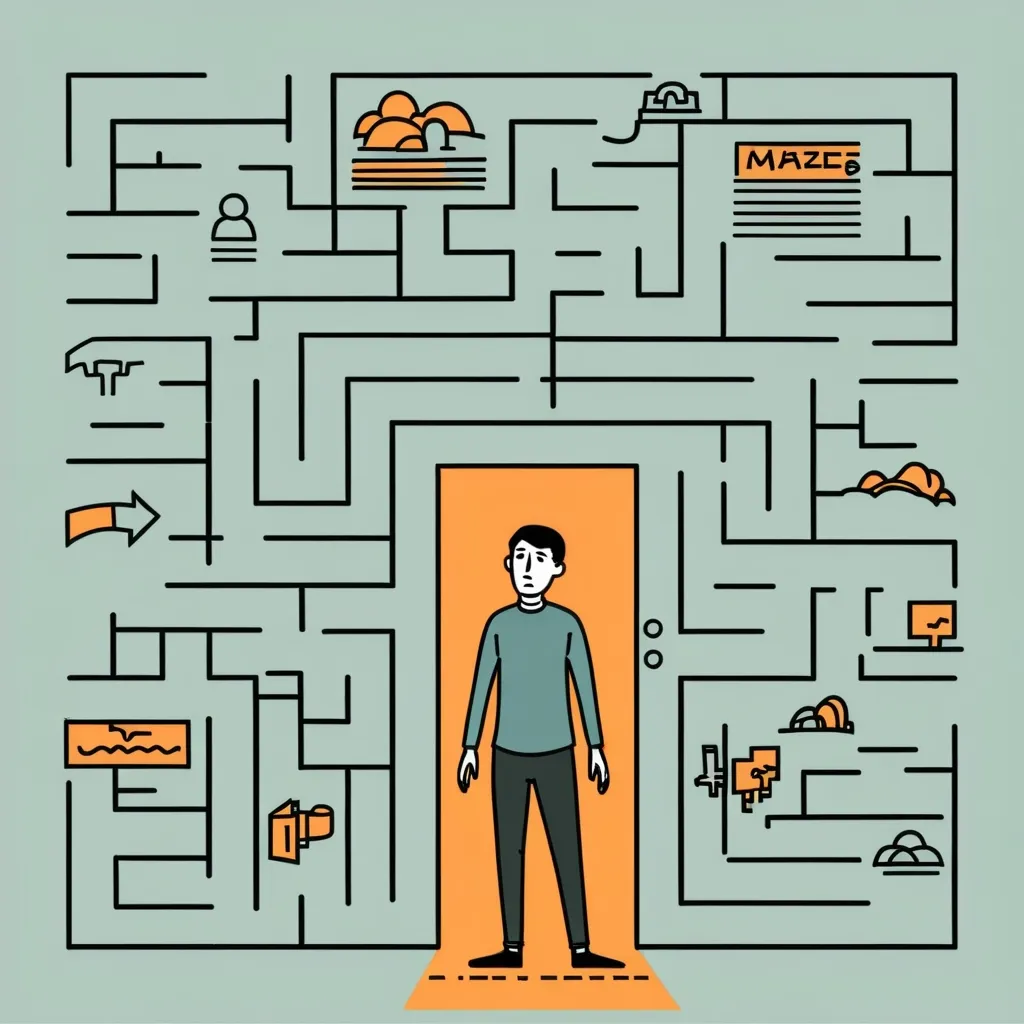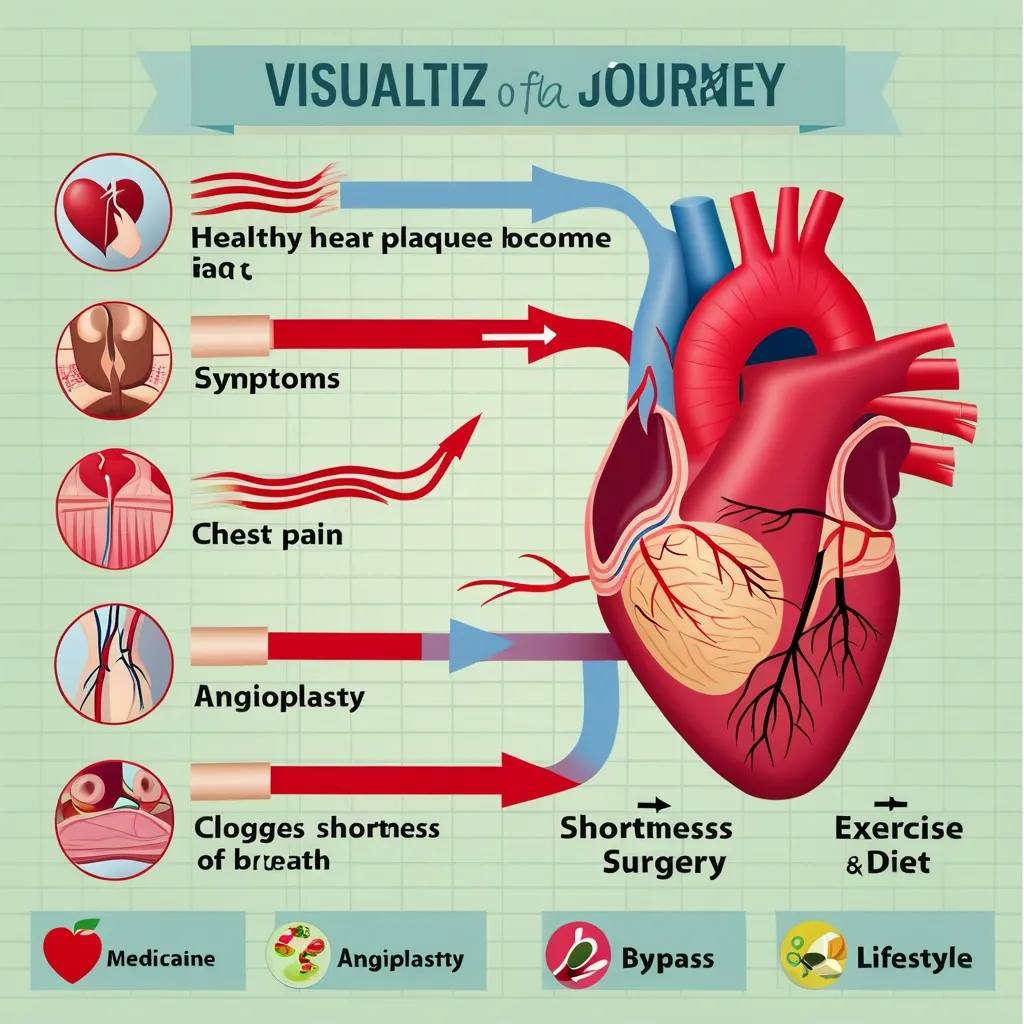The Power of Pet Love: How Furry Friends Boost Our Mental Health
Ever noticed how a wagging tail or a soft purr can instantly lift your mood? It’s not just in your head - there’s real science behind the joy our pets bring us. Let’s dive into the amazing ways our animal companions impact our mental well-being.
Pets are more than just cute faces - they’re our furry therapists, always ready with a dose of unconditional love. Whether you’re a dog person, cat enthusiast, or fond of feathered friends, having a pet can work wonders for your mind.
Think about it - coming home to an excited pup or a contented kitty can turn even the worst day around. That’s because pets are pros at busting stress and anxiety. Just petting your furry pal triggers a release of feel-good hormones like oxytocin, nature’s own chill pill. It’s like having a 24/7 stress-relief machine right in your living room.
But the benefits don’t stop there. Pets give us a sense of purpose and routine that can be a lifeline, especially when we’re feeling down. Having a creature depend on you for walks, meals, and playtime creates structure in your day. It’s hard to stay in bed all day when Fido needs his morning stroll or Fluffy is meowing for breakfast.
Speaking of walks, let’s talk about the exercise factor. Dog owners, you’re in luck - your four-legged friend is basically a furry personal trainer. Those daily walks add up, keeping both you and your pup in shape. And we all know exercise is a mood-booster extraordinaire.
Pets are also social butterflies, and they help us be more sociable too. Ever notice how easy it is to strike up a conversation with a fellow dog owner at the park? Pets are natural ice-breakers, helping us connect with others and build a sense of community. That’s huge for our mental health, especially in today’s often-isolated world.
Let’s not forget the power of unconditional love. In a world where we’re constantly judged and evaluated, our pets love us just as we are. Bad hair day? Forgot to do the dishes? Your pet couldn’t care less - you’re still their favorite person in the world. That kind of acceptance can be incredibly healing, especially for those battling mental health issues.
Pets are particularly powerful allies for folks dealing with loneliness or depression. They provide constant companionship and a reason to keep going. It’s hard to feel alone when you’ve got a furry friend by your side, always ready with a cuddle or a playful distraction.
The benefits of pet ownership span all ages, too. For kids, caring for a pet can teach responsibility and empathy. For older adults, pets can provide crucial companionship and a sense of purpose. They can even help manage conditions like Alzheimer’s by providing comfort and reducing distress.
Now, you might be thinking, “This all sounds great, but I can’t have a pet right now.” No worries! You can still reap some of these benefits by volunteering at an animal shelter or hanging out with a friend’s pet. Even brief interactions with animals can give your mood a boost.
The science backing up the mental health benefits of pets is pretty impressive. Studies have shown that pet owners tend to have lower blood pressure, reduced risk of heart disease, and better overall mental health. Some researchers even suggest that pets should be considered a form of therapy in their own right.
Let’s break it down a bit more. When you interact with a pet, your brain releases a cocktail of feel-good chemicals. We’re talking serotonin, dopamine, and oxytocin - the same stuff that makes us feel good when we exercise or spend time with loved ones. It’s like a natural antidepressant, but furrier and cuter.
Pets also help us stay present and mindful. When you’re playing with a cat or throwing a ball for your dog, you’re fully in the moment. This kind of mindfulness can be a powerful tool for managing anxiety and stress.
For people with specific mental health conditions, pets can be game-changers. Take PTSD, for example. Service dogs trained to support individuals with PTSD can help them feel safer in public spaces and provide comfort during anxiety attacks.
Pets can also be powerful motivators. When you’re responsible for another living being, it gives you a reason to get up and face the day, even when you’re feeling low. This can be especially important for people dealing with depression.
Let’s not forget the physical benefits that come along with pet ownership. Regular exercise (thanks to those dog walks) can improve sleep quality, boost energy levels, and even help alleviate symptoms of depression and anxiety. It’s a full-body wellness package, all thanks to your furry friend.
Pets can also help us build resilience. Caring for an animal teaches us patience, responsibility, and how to handle unexpected challenges. These skills can translate into other areas of our lives, helping us become more adaptable and better equipped to handle stress.
The companionship of a pet can be particularly valuable for older adults. As we age, we may face challenges like retirement, loss of loved ones, or decreased mobility. A pet can provide a sense of purpose and companionship that helps combat feelings of loneliness and isolation.
For children, growing up with pets can have lasting benefits. Kids who have pets often show higher levels of empathy and self-esteem. They learn valuable lessons about responsibility, compassion, and the circle of life.
Pets can even help us navigate major life transitions. Whether you’re moving to a new city, going through a breakup, or starting a new job, having a pet by your side can provide stability and comfort during times of change.
The therapeutic value of pets is so well-recognized that many hospitals and nursing homes now have animal-assisted therapy programs. These programs bring trained animals to visit patients, providing comfort and joy to those who may be going through difficult times.
It’s worth noting that different types of pets can offer different benefits. Dogs are great for encouraging exercise and social interaction, while cats can be perfect companions for those who prefer a more low-key pet. Even smaller pets like rabbits or guinea pigs can provide comfort and companionship.
Of course, pet ownership isn’t for everyone. It’s a big responsibility that requires time, money, and commitment. But for those who are able and willing to take it on, the rewards can be immense.
If you’re considering getting a pet, think about adopting from a shelter. Not only will you be giving a deserving animal a loving home, but you might find that rescue pets are especially grateful and affectionate.
Remember, the goal isn’t just to have a pet, but to build a relationship with them. Spend quality time with your furry friend, engage in play, and show them affection. The stronger your bond, the more mental health benefits you’re likely to experience.
In the end, our pets do so much more than just keep us company. They’re our confidants, our stress-relievers, our exercise buddies, and our mood-boosters. They teach us about love, responsibility, and living in the moment. In a world that can often feel overwhelming, our pets offer a simple, pure form of companionship that can make all the difference to our mental health.
So the next time your dog brings you their leash or your cat curls up in your lap, remember - they’re not just being cute. They’re actively contributing to your mental well-being. And that’s something worth celebrating (and maybe rewarding with an extra treat or two).






